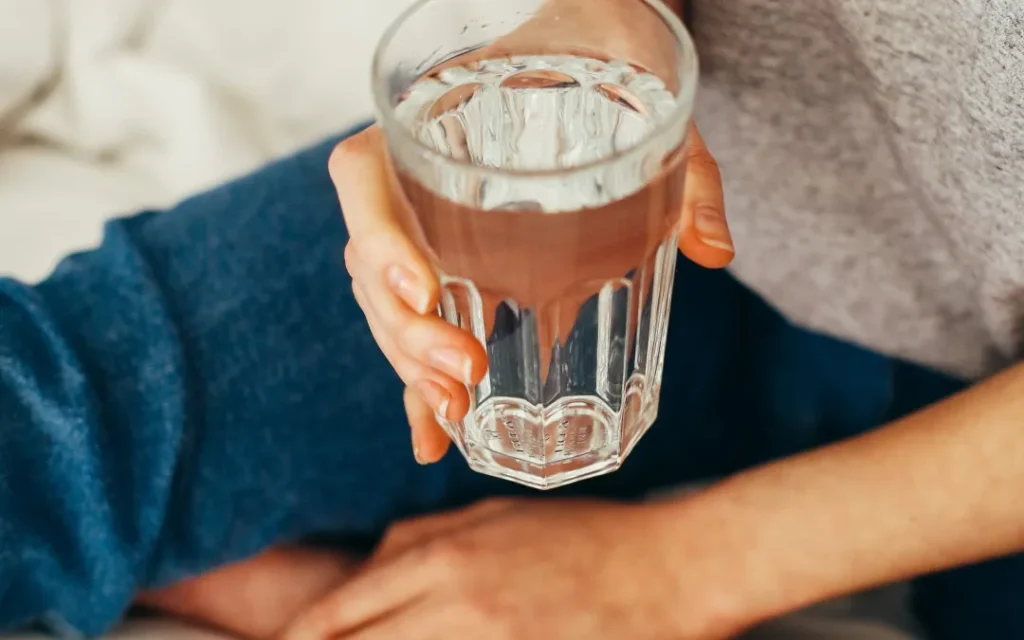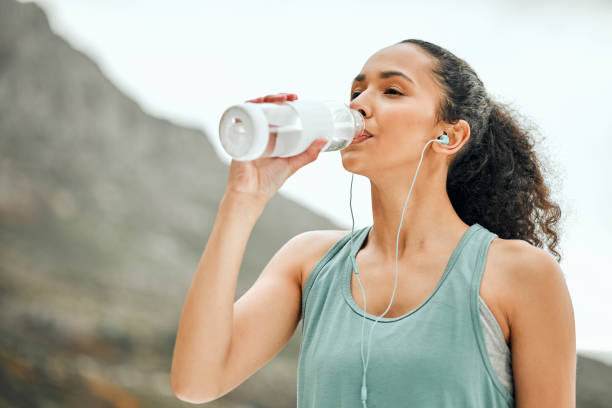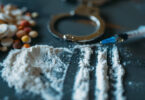
Dehydration occurs when you use or lose more fluid than you take in, and your body doesn’t have enough water and other fluids to carry out its normal functions. If you don’t replace the lost fluids, you will get dehydrated. It can be caused by some physiological processes like breathing, urination, perspiration or other causes including diarrhea and vomiting.
Dehydration also can occur in any age group if you don’t drink enough water during hot weather — especially if you are exercising vigorously.
Staying hydrated is essential for proper health. This means you need a lot of water to help regulate your body temperature, lubricate your joints, moisten tissues in the eyes, nose, and mouth, regulate body temperature, and flush out waste products.
Signs of Dehydration
Dehydration can be a serious condition, and when left unaddressed, it can potentially become life-threatening. Therefore, knowing the signs and symptoms of dehydration is important to be proactive about your health.
Headaches
When you’re not getting enough fluids, you may get frequent headaches. Dehydration is a common trigger for migraines. Migraine headaches are often one-sided, throbbing, and associated with nausea, vomiting, and a sensitivity to light and/or sound. Some migraines are preceded by a neurological disturbance, called an aura.
Fatigue and Weakness
Feeling exhausted but can’t quite work out why? Dehydration could be making you sleepier as, when you’re dehydrated, your blood pressure is affected, decreasing blood flow to the brain and potentially making you feel sleepier and fatigued.
Skin Issues
Some may find it surprising that dehydration can be a problem for the skin, but the skin is one of the major organs affected by lowered fluid intake. Studies show that dehydration is linked to skin issues like dryness and roughness. These same studies show that increased fluid intake showed greater skin elasticity, usually linked to healthier more youthful skin.
Dark Urine/ Decreased Urine Output
The average amount of urine output for an individual with a 2-liter fluid intake is between 800-2000 milliliters in 24 hours. Any urine output under this volume can be a sign of dehydration.
Another sign of dehydration is discolored or dark urine. Urine in a well-hydrated person should be a light or pale straw color, but in a dehydrated person, urine becomes a darker color and sometimes brown in tint. Darker-colored urine means that your body is saving water and your urine contains more waste products.
Dry Mouth and Increased Thirst
Having a dry mouth and an increased desire to consume fluids can be a sign of dehydration. Adequate fluid intake helps to maintain proper mucus membrane surface integrity like the insides of the nose and eyes. These mucus membranes serve as the first line of defense against foreign invaders in the body that help to prevent pathogens from gaining access.
When dehydrated, the mucus membranes tend to dry out and lead to a sensation of dry mouth. Increased thirst is one of the biggest signs that the brain is signaling the body to replenish lost fluids. A sense of hunger can also be a sign of dehydration if you aren’t sure of your thirst cues.
HOW TO REHYDRATE

Knowing the signs of dehydration can be helpful to prevent its occurrence, but what can be done to help optimally rehydrate the body?
Reusable Water Bottles
While it likely comes as no surprise, drinking water is most often the best and cheapest way to stay hydrated and rehydrate. This is where a high-quality reusable water bottle comes in. Having a portable reusable water bottle with you wherever you go can serve as a reminder to consume healthy beverages more regularly, which would help to prevent dehydration while also being more friendly to the environment than single-use water bottles.
Electrolytes
Sometimes just drinking plain water isn’t enough to adequately rehydrate the body. This is especially true if you have had excessive water loss through sweat. Electrolytes are essential minerals like sodium, calcium, and potassium that are essential to balance the amount of water in the body, move nutrients into the cell, waste out of the cell, balance the body’s acid/base levels, and ensure that the heart, brain, muscles, and nerves are all working properly.
When rehydrating after excessive sweating, choosing to add electrolytes to your water could help improve any electrolyte imbalances while improving dehydration faster than plain water.
Branch Chain Amino Acids (BCAA)
Another great option to rehydrate is branch chain amino acids (BCAAs). BCAAs are essential amino acids or protein building blocks (valine, leucine, and isoleucine) that help improve muscle soreness, increase muscle growth, and help to diminish fatigue.
Consuming More High Water Content Fresh Fruits and Veggies
While drinking fluids may be the best way to prevent dehydration, eating lots of fresh fruits and vegetables with a high water content like watermelon, cucumber, celery can help improve hydration status as well.






Leave a Comment